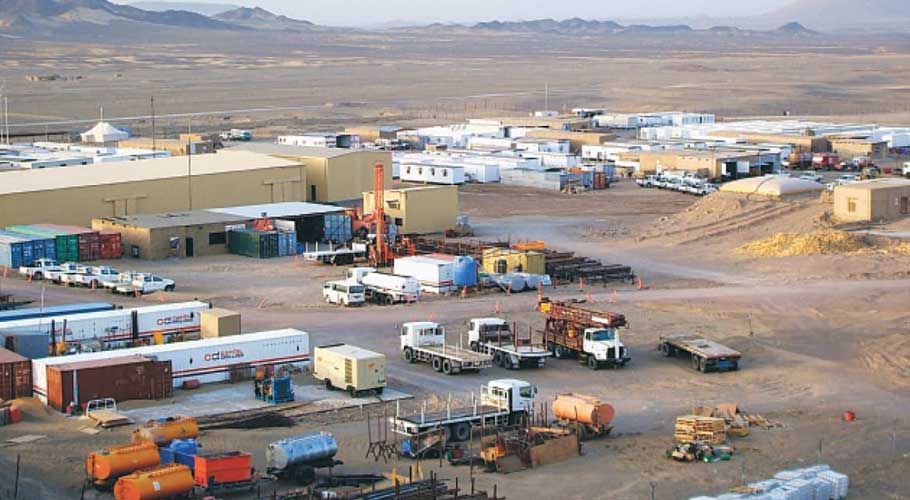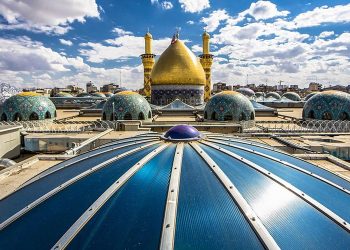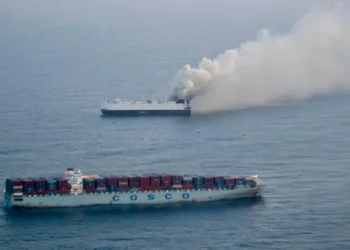Prime Minister Imran Khan has announced that the federal government would bear financial burden for the development of the Reko Diq mining project in Balochistan – one of the world’s biggest untapped deposits of copper and gold.
The Reko Diq case
The Reko Diq issue was a legal case between the Tethyan Copper Company (TCC) and the Government of Pakistan over breach of the Australia–Pakistan Bilateral Investment Treaty (BIT) and illegal denial of mining rights to TCC at one of the largest copper and gold mines in the world located in the southwest part of Pakistan in Balochistan province.
Reko Diq mine is famous because of its vast gold and copper reserves and is believed to have the world’s fifth largest gold deposit. Reko Diq, which means sandy peak in the Balochi language, is a small town in Chagai district in Balochistan.
It is located in a desert area, 70km north-west of Naukundi, close to the border with Iran and Afghanistan. The area is located in the Tethyan belt that stretches all the way from Turkey and Iran into Pakistan.
Background of the case
Australian mining company BHP Billiton and the government of Pakistan have signed a concurrence known as the “Chagai Hills Exploration Joint Venture Agreement (CHEJVA)” for the searching and mining of gold and copper at the Reko Diq Mine in 1993.
According to the agreement, the Australian mining company would hold 75 percent interest in the plan while Pakistan held the remaining 25 percent share on a mutual investment basis with a two percent royalty payment. Later In April 2000, BHP handed over its obligations to a little-known Australian company Mincor Resources, which was acquired by the Tethyan Copper Company (TCC) in 2006.
The Tethyan Copper Company (TCC) submitted a Mining Lease Application with the Balochistan government in February 2011; however, it was discarded in November 2011 by the Balochistan government.
Later in 2013, the Supreme Court of Pakistan announced the CHEJVA accord as void, as Balochistan had exceeded its powers by signing it, and unacceptable, because it was opposing the public policy. The court said that TCC had no lawful rights to discover and mine in Reko Diq.
An international arbitration tribunal of the ICSID had slapped a penalty of $6 billion on Pakistan on July 12, 2019, for its 2011 decision to deny a mining lease for the Reko Diq project to the TCC.
The tribunal – chaired by Germany’s Klaus Sachs and including Bulgarian arbitrator Stanimir Alexandrov and the UK’s Lord Hoffmann – had ordered Pakistan to pay over $4 billion in damages to the TCC in addition to $1.7 billion in pre-award interest.
The tribunal found that Pakistan had unlawfully denied the TCC a lease to mine copper and gold deposits at the Reko Diq mine, located in the Chagai district of Balochistan.
When the ICSID announced the award over a breach of the Australia-Pakistan Bilateral Investment Treaty, Prime Minister Imran Khan had formed a commission to investigate the reasons as to how Pakistan ended up in this predicament. However, the commission is yet to conclude its assignment and make its findings public.
Latest developments
The prime minister’s announcement comes in the wake of criticism from political leaders of the province who had criticised the “proposed agreement” of the Reko Diq project.
The Balochistan Assembly had also recently adopted a resolution on the project, warning that no agreement about the future of the project would be accepted without taking Balochistan’s elected representatives and the provincial government on board.
The resolution was unanimously passed after the House was informed that the federal government was going to sign an agreement or a memorandum of understating on copper and gold mining without taking the Balochistan government and assembly into confidence.


































